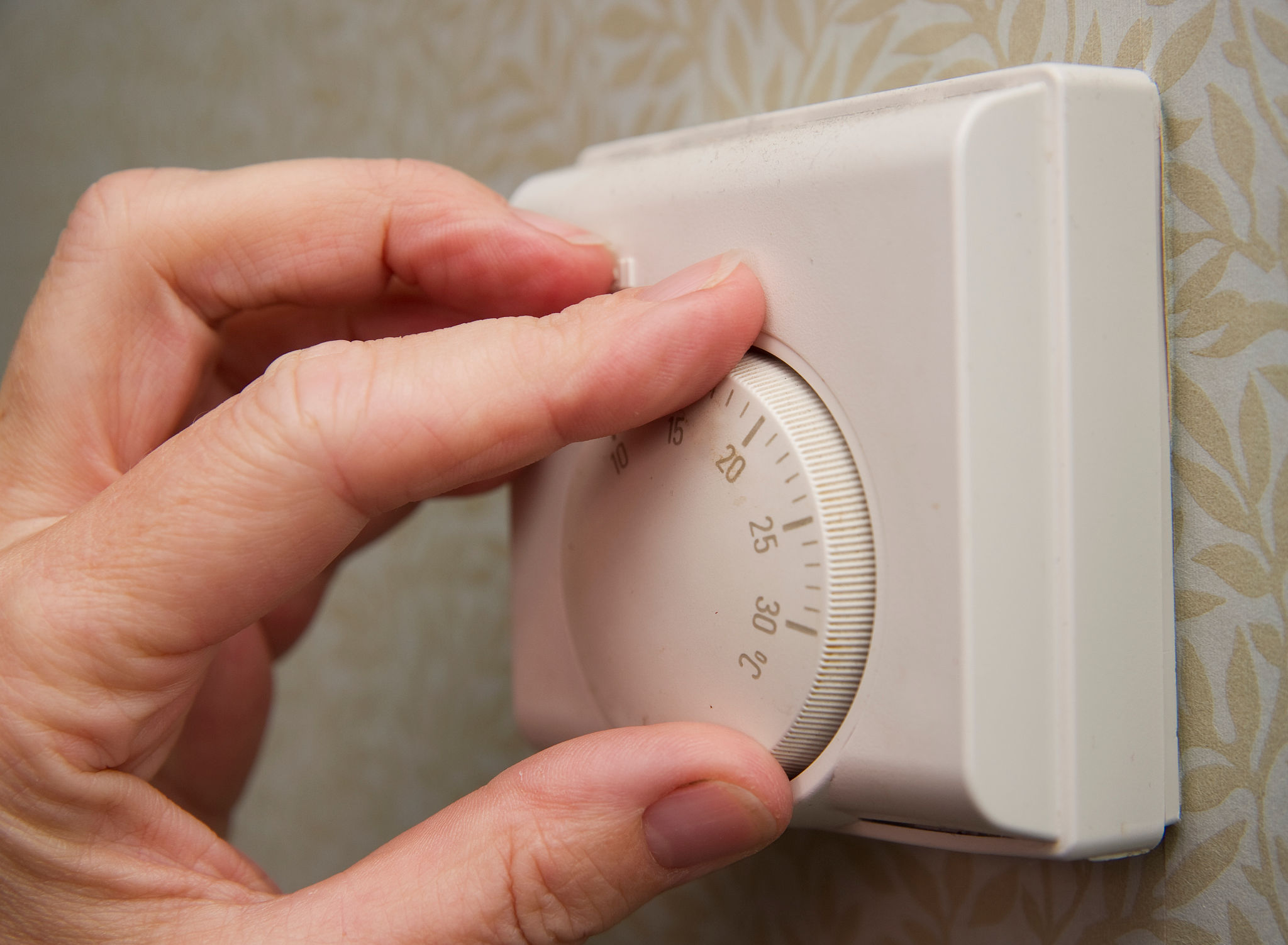Common Hot Water Problems and How to Fix Them Yourself
Understanding Common Hot Water Problems
Hot water issues can be frustrating, especially when they catch you off guard. Recognizing the most common problems can save you time and money by enabling you to fix them yourself. This guide will walk you through some typical hot water problems and provide straightforward solutions.
Before diving into repairs, ensure you have the necessary tools on hand. A basic toolkit with a wrench, screwdriver, and pliers is essential for most fixes. Always prioritize safety by turning off the power supply to your water heater before starting any work.

No Hot Water
If you're experiencing a complete lack of hot water, the issue might be more straightforward than you think. Start by checking the thermostat settings on your water heater. Sometimes, the thermostat can be accidentally adjusted or reset.
For electric water heaters, ensure the circuit breaker hasn’t tripped. If it has, reset it and see if that resolves the issue. For gas water heaters, check if the pilot light is lit. If it’s out, follow the manufacturer's instructions to relight it safely.
Insufficient Hot Water
When your water heater doesn’t produce enough hot water, it may be due to sediment buildup in the tank. Over time, minerals from hard water can accumulate and reduce your heater's efficiency. Draining and flushing the tank can help eliminate these deposits.
Additionally, check your thermostat settings. Sometimes simply increasing the temperature setting can resolve the problem. However, be cautious not to set it too high to avoid scalding.

Water Takes Too Long to Heat
If your water takes an unusually long time to heat up, it might be due to a faulty heating element or dip tube in electric heaters. For gas heaters, it could be an issue with the burner orifice or gas supply.
In electric units, replacing a faulty heating element can be a quick fix. For gas units, cleaning the burner or replacing the thermocouple might help. If you're unsure about these tasks, consulting with a professional is advisable.
Strange Noises from Your Water Heater
Banging or popping noises often indicate sediment buildup at the bottom of the tank. As water heats up, steam bubbles form under the sediment, causing these sounds. Flushing your tank can help resolve this issue.

If your heater makes a high-pitched whining noise, it could suggest that the heating elements are coated with scale buildup. Cleaning or replacing these elements can often resolve the noise.
Water Leaks Around the Heater
Leaks are serious and should be addressed immediately to prevent damage. Common causes include loose connections or a failing temperature and pressure (T&P) valve. Tightening connections or replacing faulty valves can often fix the problem.
If leaks persist, it might indicate a more severe issue like tank corrosion, which often requires replacing the entire unit.
Conclusion
Tackling hot water problems yourself can be empowering and cost-effective. However, always ensure you're working safely and within your skill level. If a problem seems beyond your capabilities or involves gas components, don’t hesitate to contact a professional plumber for assistance.
